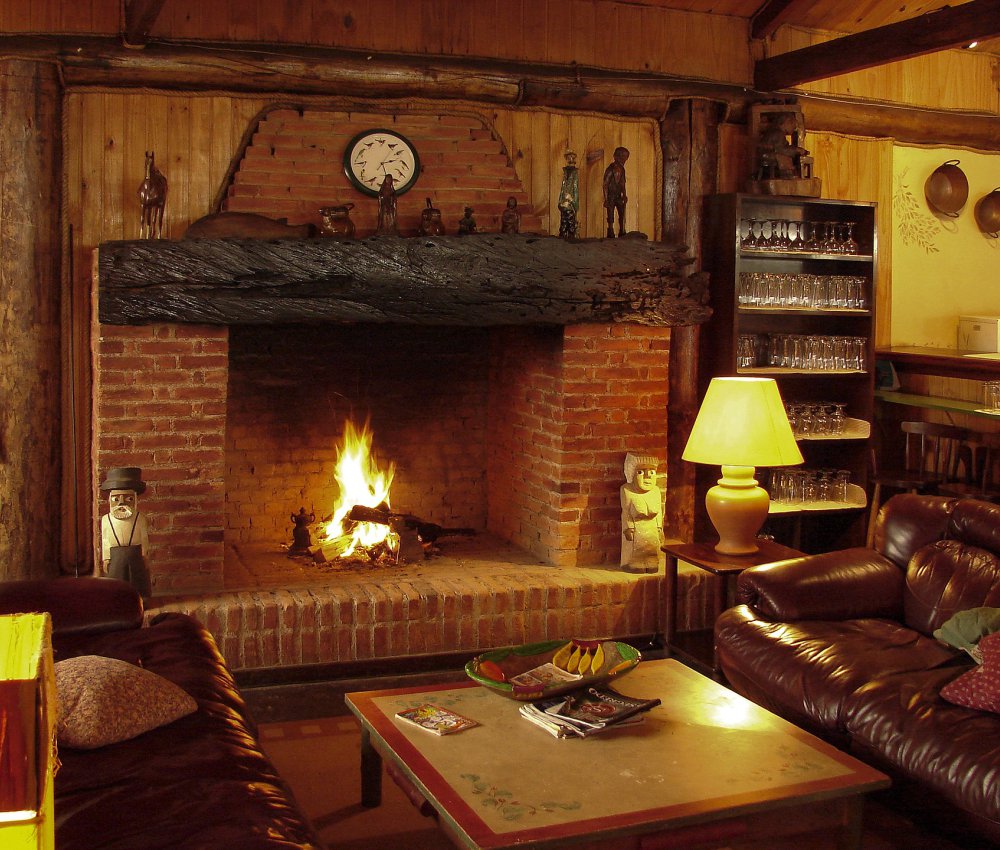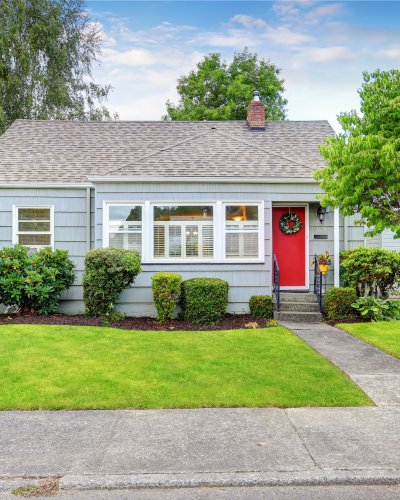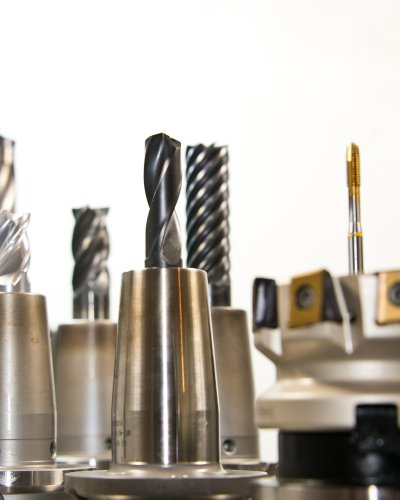A heat pump may seem an ideal product due to its numerous advantages. Is a device to which only electricity is supplied and which returns 4 times more energy converted to heat ideal? Is it worth installing a heat pump? There is a lot of discussion about it, but what does it look like in reality?
A heat pump is a device that converts electric energy into heat (from 1 unit of electric energy 4 units of heat are created). The purchase of such a device is explained by the fact that initially an expensive investment will allow you to enjoy low operating costs.
When will the cost of investment pay for itself?
When installing a heat pump, you have to reckon with high costs at the beginning. Manufacturers certify that the return on investment is about 7 to 10 years. However, it should be remembered that when the building is better insulated, the time will be shorter. This is due to the fact that a building with good insulation has less heat demand, which means that the investment will pay for itself more quickly.

Is the device green?
A heat pump is presented as a cost effective, reliable device that is also an alternative to liquid gas and fuel oil. It should be remembered that in our country, electricity mainly comes from coal production. You can agree with the manufacturers that a heat pump does not pollute the air, but the chimney of a power plant does. The advantage at this point may be the concentrated emission of fumes, because it is easier to clean them. In the future, heat pumps can only be fully green if electricity comes from solar energy, biofuels and wind.
Advantages of the heat pump
A significant advantage of the heat pump is that it is maintenance-free. The control is only limited to the settings of the controller. This ensures that the desired temperature is maintained even in our absence. Unfortunately, automation for heat pump programming is an additional cost. Another advantage is the fact that we do not have to worry about the fuel, because we do not need to store it as it is in the case of wood, coal and other fuel materials. We do not have to make an expensive gas connection, which is another advantage. It is also a saving during construction that there is no need to build chimneys if the installation of the heat pump is taken into account when designing the building. However, it is necessary to install mechanical ventilation.
Defects of the heat pump
The main disadvantage of a heat pump is the low-temperature heating of the building. In addition, there are high investment costs. Another disadvantage of the pump is its dependence on electricity. During a power outage, the pump cannot operate.
Heat pumps: air, water
There are several sources from which the pump can draw energy. The choice of the pump will depend on our financial possibilities, but also on the area of land. The easiest way to install a heat pump is to use a heat pump that is based on air. However, during the cold, its efficiency decreases dramatically. The lower the air temperature, the more electricity is needed to generate heat. Fortunately, the pump works very economically if the temperature is moderate.
Water-to-water or water-to-air heat pumps use the heat of water stored in ground water, which has a decent temperature during the heating season. This means that it is an efficient lower energy source. It requires two deep water wells, one for extraction and one for discharge. The first one is used to draw water from which the pump receives heat, while the second one is used to discharge water that has given up heat.
Heat from the ground, i.e. a thorough heat exchanger
At a depth of 1.5 m, the ground temperature allows for efficient pump operation. The amount of heat extracted at this depth from the horizontal heat exchanger can be 4 times greater than the energy consumed by the unit. By using a ground heat exchanger with pipes placed vertically, deep in the ground we will achieve even better results. Unfortunately, the cost of a vertical heat exchanger is much more expensive than a variant with a horizontal heat exchanger, therefore investors choose such a heat exchanger. It will ensure low operating costs, less than half of those of natural gas heating.
When is it worth choosing a heat pump?
Choosing a heat pump makes sense when insulation of a building is not possible or is poorly insulated. It will also work well in large buildings that have good insulation, but still use a lot of heat. It is also recommended to choose such a heating method where access to other sources is difficult. It is worth choosing a heat pump on a large plot of land where a ground heat exchanger can be easily applied.
To sum up, it is worth investing in a heat pump and using it in a place where large heat deposits are required.

















Comments (0)